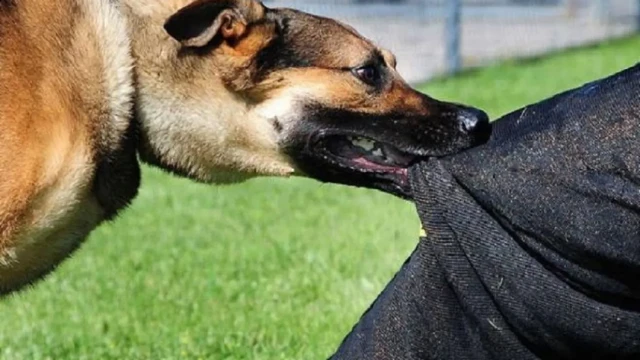ADAMAWA, Nigeria - Widespread fear of a rabies outbreak has taken hold in parts of Adamawa State due to a troubling increase in dog bites in various communities.
As a result, health officials have raised alarms about significant public health risks.
The Director of Veterinary Services and an Epidemiologist at the State Ministry of Livestock and Aquaculture, Dr. Bartholomew Nyalas, confirmed that three individuals died from rabies-related incidents last year. He emphasized that the state is currently facing sporadic and aggressive dog attacks.
“The current situation is concerning. We’ve documented numerous unprovoked bites in Lainde, Kofare, Yolde Pate, and Haying Gada communities,” Dr. Nyalas revealed.
“However, I assure the public that we are managing the situation with great seriousness.”
The state’s Commissioner for Livestock and Aquaculture, Tijjani Maksha, also confirmed a rabies outbreak last week, stressing that cats are heavily impacted.
Nyalas noted that the attacks show all the signs of rabies infections.
“There are suspected rabies bites, but to confirm, a medical examination of either the dog or the bitten individual is necessary. Our concerns are validated by recent findings,” he indicated.
He also mentioned that during a national monkeypox surveillance initiative, a federal health team captured 19 stray cats in the city center. Laboratory tests revealed that nine of these cats were harboring the rabies virus.
“That’s nearly 50 percent testing positive. It indicates we have a rabies reservoir within our communities. You can’t predict which cat or dog might bite a person or who that person may be. It’s a complicated and perilous situation,” he said.
To curb the further spread of the disease, the state government has initiated several control measures, including the quarantine of a dog at Bannex Veterinary Hospital. Public awareness campaigns have begun, distributing flyers, radio jingles, and town-wide announcements advising pet owners to secure their animals.
“We’ve recommended that all dogs be chained or caged. The Ministry of Environment has been assigned to handle stray dogs. Still, it’s a challenging endeavor, pursuing and capturing strays without an executive order for their euthanasia is nearly unmanageable,” he explained.
Nyalas stated that a deadline would soon be set for dog owners to adhere to safety protocols. “If they do not secure their dogs by the specified time, we may have to implement stricter measures.” While there have been no hospital admissions for bites this year, he mentioned that individuals who are bitten by dogs have been directed to seek immediate post-exposure treatment and vaccination.
The ministry is also preparing for an extensive vaccination drive aimed at all domestic dogs and cats throughout the state. “Vaccinating the animals is our best strategy to sever the transmission chain. That’s our next major step. The public is urged to stay away from stray animals, report any bites without delay, and adhere to state guidelines as authorities amplify efforts to prevent what could escalate into a significant health crisis,” he concluded.




















